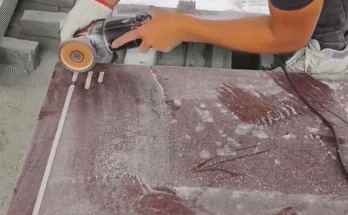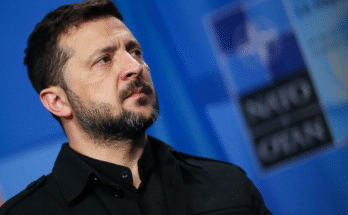While Donald Trump’s loyalists are spinning a tale of the U.S. leader outmaneuvering Iran and convincing the mullahs of his intent to restrain Benjamin Netanyahu, it’s more probable that the Israeli Prime Minister played them all.

Unlike Trump’s often impulsive and chaotic decision-making, which former aides describe as driven by instinct rather than strategy, Netanyahu is a master of political chess. Described as methodical and relentless by former aide Nadav Shtrauchler, Netanyahu “always has a plan, and more than one,” adapting tactics to achieve his overarching strategic aims. This ingrained approach, honed during his Sayeret Matkal special forces service, has earned him nicknames like “Bibi the Magician” for his remarkable comebacks, and perhaps more fittingly, “Bibi the Chess Hustler” for his deceptive tactics.
The question now is whether Netanyahu has exploited Trump’s improvisational style, maneuvering him toward a confrontation with Iran. Trump entered his second term promising peace, aiming for a Nobel Prize by ending wars and striking a nuclear deal with Iran. His “America First” advisors, including Vice President JD Vance, have consistently voiced skepticism about foreign entanglements, advocating for reduced exposure in the Middle East.
Yet, Trump is now dispatching more military assets to the region, aligning with Netanyahu, a leader obsessed for decades with collapsing the Iranian regime. On Monday, Trump amplified Israel’s warnings, even urging Tehran’s 10 million residents to evacuate, a logistically daunting task amidst Israeli strikes.
While Trump has so far refrained from committing U.S. forces to Israel’s offensive – which is rapidly escalating beyond a limited nuclear program degradation into a war of attrition – the pressure mounts. Netanyahu may well argue for the necessity of U.S. bunker-busting bombs against Iran’s underground facilities, believing the regime can be collapsed. Trump’s own rhetoric has hardened, shifting from regret over Iran’s actions to a more aggressive tone, seemingly embracing his role as Israel’s formal partner.
Shtrauchler downplays direct manipulation by Netanyahu, but acknowledges the Israeli leader’s patience and willingness to make temporary compromises, such as acceding to a Gaza ceasefire. However, Netanyahu’s “Mr. Iran” objective has remained constant, viewing conflicts in Gaza and Lebanon as stepping stones to a larger confrontation with Ayatollah Ali Khamenei.
Netanyahu, always with multiple plans, aims first for regime change in Iran – not necessarily through direct war, but by initiating a process leading to its demise. His secondary goal is to halt Iran’s nuclear program and facilitate Saudi Arabia joining the Abraham Accords. He has meticulously aligned his war cabinet and military commanders.
Since October 7, Netanyahu has proceeded methodically, resisting immediate attacks on Lebanon advocated by his former defense minister, Yoav Gallant, in favor of a step-by-step approach. His confidence has grown with the perceived incompetence of the Iranian regime, highlighted by successful Israeli military and intelligence operations. Initially focused on Iran’s nuclear program, Netanyahu’s public statements have recently shifted towards advocating for regime change, culminating in his Monday assertion that killing Supreme Leader Khamenei would “end the conflict.” The military tactics have also broadened to include government ministries, state television, and car bombings.
This marks a remarkable turnaround for “Bibi.” He and his aides understood that a reelected Trump would not offer a blank check, given Trump’s residual distrust stemming from Netanyahu’s 2020 congratulations to Joe Biden. Netanyahu has since engaged in a months-long effort to regain Trump’s favor, maintaining silence even when Trump lifted sanctions on Syria, a move Netanyahu opposed, all while subtly guiding him towards confronting Tehran.
Now, as some Trump loyalists paint a picture of a masterful joint strategy, it’s more likely that the “grandmaster” Netanyahu has, in fact, outfoxed Trump himself.


